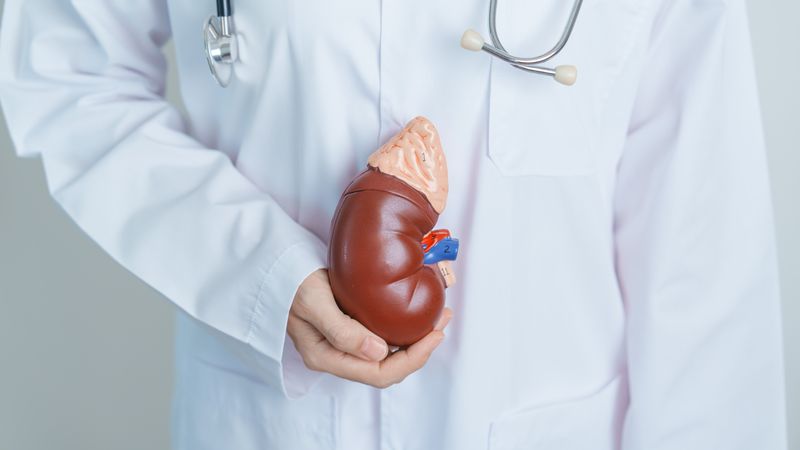Latest News
- 'Truly a Christmas miracle': Black bear cub survives burns in northern British Columbia
- Mexico seizes Olympic medals, motorcycles in massive operation, possibly in pursuit of Canadian fugitive Ryan Wedding
- Canadian government suspends ban on single-use plastics exports
- More than 300 pistachio products recalled following ongoing salmonella outbreak
- Anita Anand supports Greenland's sovereignty; Washington once again talks about annexing the territory
Latest Ads
-
Jasmine Jewel
Call
-
Omidan group
Call
-
Amir Madanpour
Call
-
Dimo studio
Call
-
Yorkacademy
Call
-
Maryambagheri
Call
-
Shishlix Restaurant
Call

The second pig kidney transplant patient died
A 54-year-old American woman who underwent both a pig kidney transplant and a heart pump implant has died. Lisa Pisano was near death due to kidney and heart failure when NYU Langone Health surgeons performed the surgery on her in April.
At first, the New Jersey woman appeared to be recovering well, but about 47 days later, doctors had to remove the pig's kidney and put her back on dialysis. Despite dialysis and a heart pump implant, surgeons said. Pisano eventually died in hospital on Sunday.
One of Pisano's surgeons said: "Lisa has helped us move closer to a future where no one has to die so that someone else can live." "He will forever be remembered for his bravery."
Pisano was the second patient to receive a genetically modified pig kidney. The first, Richard "Rick" Slimman, received his transplant at a Massachusetts hospital and died in early May, nearly two months later.
More than 100,000 people are on the US transplant waiting list, most of whom need a kidney, and thousands die waiting. Several biotech companies are genetically modifying pigs to make their organs more human-like and less likely to be rejected by the human immune system.
news source
Suggested Content
Latest Blog
Login first to rate.
Express your opinion
Login first to submit a comment.
No comments yet.


































